|
Smash-and-grab and flash-mob robberies have been making the headlines in recent weeks. High-end department stores and specialty shops in Los Angeles and San Francisco have received most of the attention. But this type of retail theft has occurred in Illinois, Minnesota, Maryland and large metropolitan areas across the country. It’s easy to blame these mostly Democrat states for liberal policies run amok. But with any contravening issue, there are many contributing factors, and the solutions are far from easy. If laws or policies are flawed, they can be rewritten. Changes in societal norms, or a break in the moral fabric of society usually occur over an extended period of time, and are not subject to quick fixes. There are several theories floating around about the cause(s) of the uptick in retail theft. Retail theft by organized gangs is not new, and theft always picks up around the holidays when stores are packed with merchandise. What is new is the widespread use of social media, the widespread acceptance of online shopping, and the ongoing COVID pandemic. Here are some of the more plausible theories for the uptick in retail theft. Soft on Crime Policies: Several states across the country have raised felony thresholds for shoplifting, or have eliminated cash bail for non-violent crimes in order to reduce overcrowding in jails, https://www.buysafeamerica.org/homeland-security-express-concern-on-retail-crime. The poster child for these recent reforms is California’s 2014 law, Proposition 47. Among other things, this law reduced the crimes of petty theft and receiving stolen property to misdemeanors when the value was $950 or less, https://www.courts.ca.gov/prop47.htm. Proponents of Proposition 47, including Governor Gavin Newsom, claim that it is being used as a scapegoat, and law enforcement has other tools to arrest and hold accountable those who perpetrate petty crimes. Critics of Proposition 47 say that petty theft is up because these crimes seldom get reported, and even when they are, little is done. Critics maintain that shoplifting has essentially been decriminalized since it goes unreported, and police don’t respond to petty crimes. It is hard to argue against this reasoning, and organized thieves are well aware of the law and see little risk in perpetrating petty crimes. I don’t blame the police for the rise in petty crimes. With calls to “defund the police”, there are vacancies in police departments across the country and moral is low. Petty crime just isn’t a priority for most police departments, and it won’t be until there is a public outcry. Pandemic: Does the COVID pandemic have anything to do with the uptick in retail theft? I believe it does play a part. Since the beginning of the pandemic more people are shopping online, and the bulk of stolen products end up being sold through online marketplaces. Many of these online markets don’t verify sellers’ identities or give information about them to consumers. This anonymity has proven a bonanza for crooks. Criminals conducting the smash-and-grab thefts are emboldened by the anonymity of wearing a facemask, which no longer attracts attention. Smash-and-grab robberies are often organized on social media, and flash mobs can easily overwhelm the meager security measures at most brick-and-mortar retailers. Moral Decay: The pandemic does not cause people to engage in criminal behavior. Lax laws or lack of policing doesn’t compel people to act irresponsibly. People are responsible for their own behavior. No law can compel a person to act in a moral way. Following the norms of society is what creates safe and orderly communities, and promotes social cohesion. Without this, societies crumble into chaos and lawlessness. The lack of moral leadership in this country, at all levels of government, is partly responsible for the decline in social responsibility and civility. The politics in our country have become so divisive that it fosters a lack of civil discourse and a breakdown in social cohesion. In the past few years, we have witnessed public officials spreading misinformation and telling blatant lies to further personal agendas. Uncredentialed people claim to know more than health experts, endangering the lives of many. Politicians and media influencers have cast doubts on the integrity of our elections, and have undermined the credibility of pubic institutions. We are living in an environment where the truth is up for debate, law enforcement picks and chooses which laws to enforce, public health orders and congressional subpoenas are ignored, and mob violence is condoned for political expediency. This has led to a decline in the norms of decency, honesty and fair play. Is it any wonder that destructive flash mobs and smash-and-grab robberies have increased in this environment? Throw in the disruption to lives and livelihoods caused by the pandemic and you have a toxic mix. Difficult times often bring out the best in humanity, and we have witnessed many examples of this. But today the spot light is shining brightly on the worst of human nature, and we need to find a way to dim that light. Policy Solutions: Fixing some of the factors leading to the rise in retail thefts and other petty crimes will not be easy. But the following policy changes could help to prevent these crimes from occurring in the first place. Tighten-up Prosecutions and Policing: Proposition 47 in California and similar laws in other states, need to be revisited. Proposition 47 was a ballot initiative supported by a majority of California voters. But it is a complex law, beyond the comprehension of most voters, and has created a “get out of jail free” card for many petty criminals. The law should be rewritten by the state legislature after a thorough review. Smarter policing policies, supported by adequate funding, have proved to be successful in curbing petty crime in several cities. Boots on the ground in crime prone areas is important, along with a multidisciplinary approach to crime. I am no criminologist, but there is a lot of research on this subject. The war on petty crime in New York City during the 1980s and 1990s was successful, and recent research has proven its value, https://www.city-journal.org/html/how-new-york-became-safe-full-story-13197.html. Cut Off the Resale Pipeline for Stolen Goods: Since the bulk of stolen merchandise ends up for sale online, it makes sense to try and make this practice more difficult. Legislation is working its way through Congress which would do just that. It is called the Integrity, Notification, and Fairness in Online Retail Marketplaces for Consumers Act, or the INFORM Consumers Act, https://www.congress.gov/bill/117th-congress/senate-bill/936/text.This legislation requires online retail marketplaces to authenticate the identities of high-volume, third-party sellers. This should help to stop criminals from selling stolen goods online and prevent vendors from selling counterfeit products. The pandemic will be over one day and a semblance of normalcy will return to our country. But if we don’t get a handle on retail thefts and other petty crimes our cities will be much less livable, our shopping choices will be limited, and our sense of community will be diminished. Retail stores are closing or reducing hours in many cities, leaving fewer choices for consumers, and reducing or eliminating jobs. If people fear to live, work and shop in certain areas, those areas will begin to decay. I live near San Francisco and have seen first-hand how unchecked criminal activity can destroy whole sections of a city. Smart laws and public policies can do much to solve the problem of petty crime. It is more difficult to rebuild respect for the law and public institutions, and to build the moral fabric required of a functioning society.
If you enjoy reading this type of commentary please subscribe to my blog and tell a friend. You will receive an email notification when new blogs are posted. The email will come from the site’s email: armchairamerican1776 @gmail.com. Thanks, Armchair American (www.armchairamerican.com)
2 Comments
|
AuthorThe Armchair American. Archives
November 2024
Categories
All
|
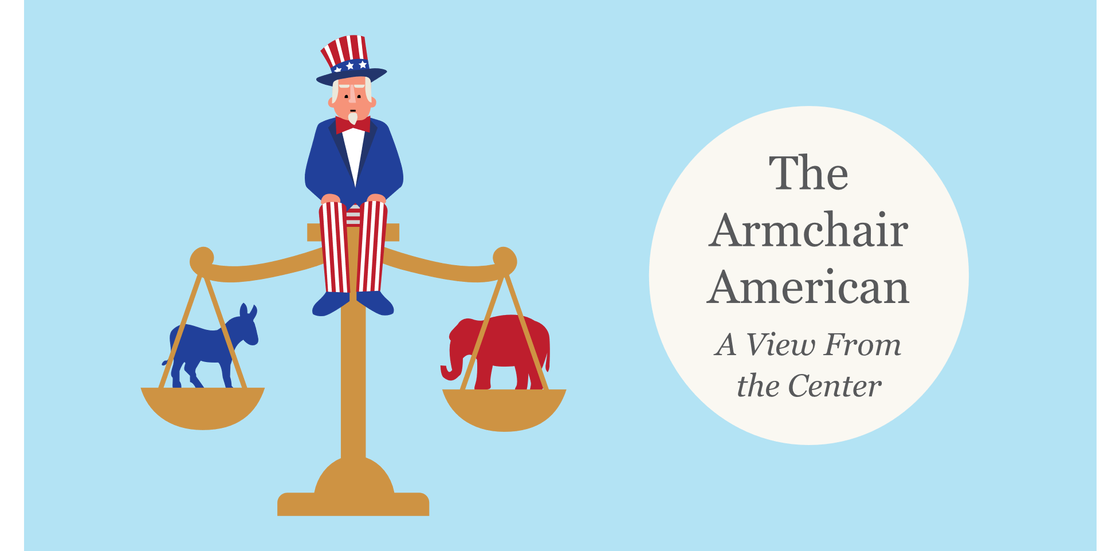
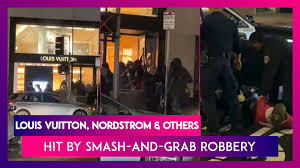
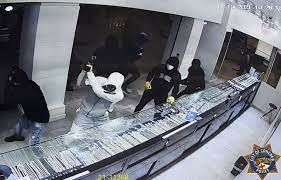
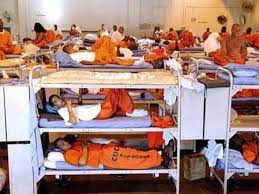

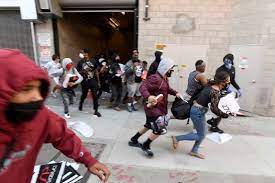
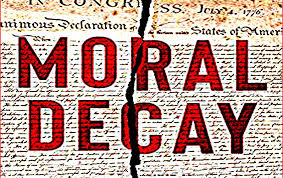
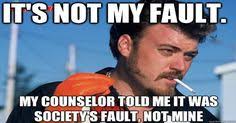
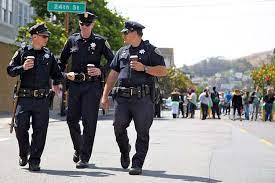
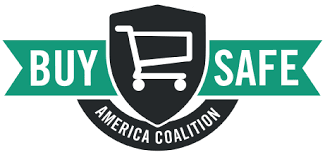
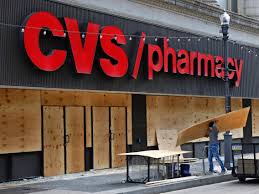


 RSS Feed
RSS Feed